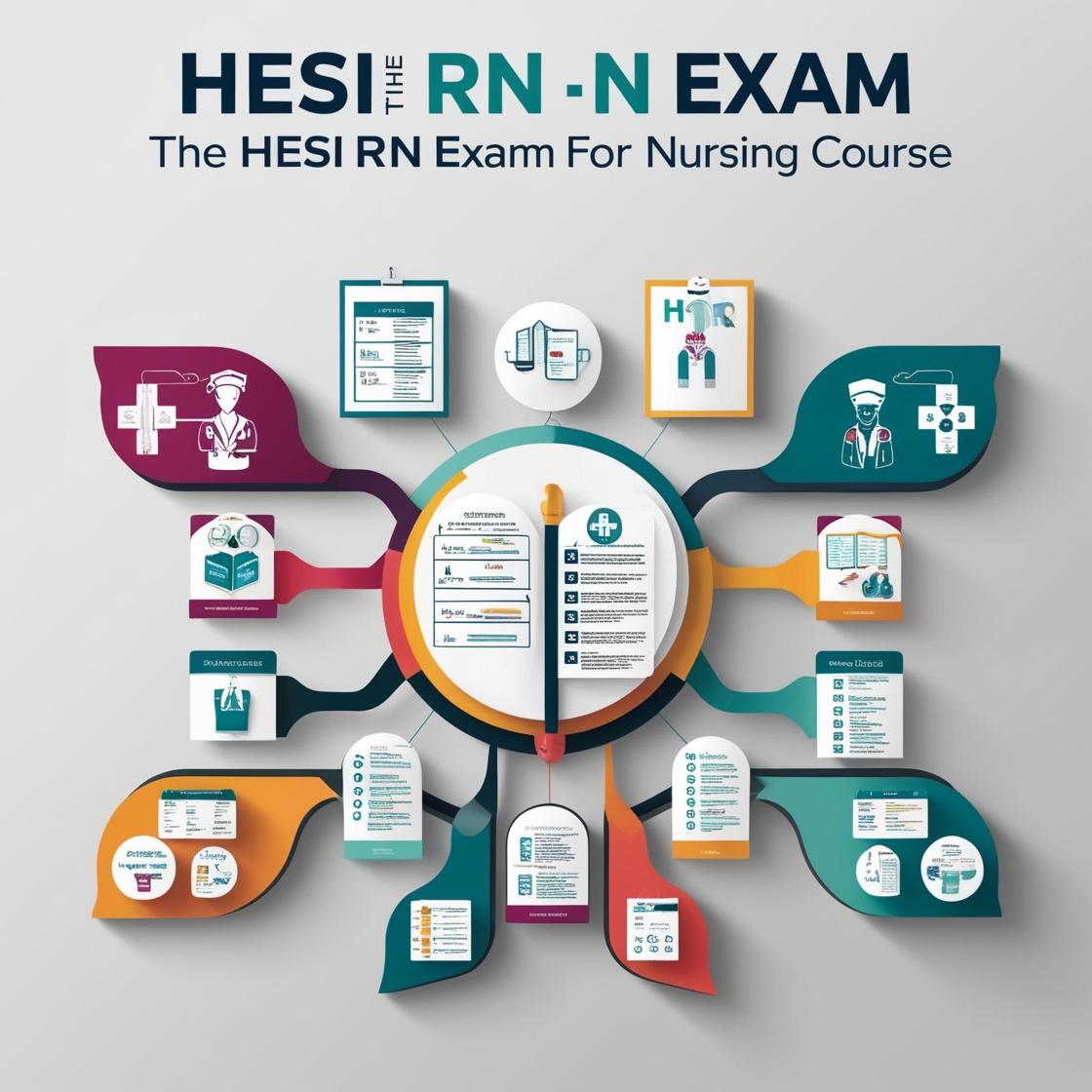HESI RN
Adult Health 2 HESI Quizlet
1. The home health nurse cares for an alert and oriented older adult patient with a history of dehydration. Which instructions should the nurse give to this patient related to fluid intake?
- A. Increase fluids if your mouth feels dry.
- B. More fluids are needed if you feel thirsty.
- C. Drink more fluids in the late evening hours.
- D. If you feel lethargic or confused, you need more to drink.
Correct answer: A
Rationale: The correct answer is A. An alert, older patient can self-assess for signs of dehydration like dry mouth. This instruction is appropriate as it encourages the patient to respond to early signs of dehydration. Choice B is incorrect because the thirst mechanism decreases with age and feeling thirsty may not accurately indicate the need for fluids. Choice C is incorrect as many older patients prefer to limit evening fluid intake to enhance sleep quality. Choice D is incorrect because an older adult who is lethargic or confused may not be able to accurately assess their need for fluids.
2. Before leaving the room of a confused client, the nurse notes that a half bow knot was used to attach the client's wrist restraints to the movable portion of the client's bed frame. What action should the nurse take before leaving the room?
- A. Tie the knot with a double turn or square knot
- B. Ensure that the restraints are snug against the client's wrists
- C. Ensure that the knot can be quickly released
- D. Move the ties so the restraints are secured to the side rails
Correct answer: C
Rationale: The priority is to ensure that the knot can be quickly released to allow for quick intervention if necessary. Tying the knot with a double turn or square knot (Choice A) may make it more difficult to release quickly in an emergency. Ensuring that the restraints are snug against the client's wrists (Choice B) may compromise circulation and cause discomfort. Moving the ties to secure the restraints to the side rails (Choice D) is not the appropriate action as it can limit the client's movement and access to care.
3. The long-term care nurse is evaluating the effectiveness of protein supplements for an older resident who has a low serum total protein level. Which assessment finding indicates that the patient’s condition has improved?
- A. Hematocrit 28%
- B. Absence of skin tenting
- C. Decreased peripheral edema
- D. Blood pressure 110/72 mm Hg
Correct answer: C
Rationale: The decrease in peripheral edema indicates an improvement in the patient’s protein status. Edema is caused by low oncotic pressure in individuals with low serum protein levels. Good skin turgor is an indicator of fluid balance, not protein status. A low hematocrit could be caused by poor protein intake. Blood pressure does not provide a useful clinical tool for monitoring protein status.
4. A 54-year-old male client and his wife were informed this morning that he has terminal cancer. Which nursing intervention is likely to be most beneficial?
- A. Ask the wife how she would like to participate in the client's care
- B. Provide the wife with information about hospice
- C. Encourage the wife to visit after painful treatments are completed
- D. Refer the wife to a support group for family members of those dying of cancer
Correct answer: A
Rationale: The most beneficial nursing intervention in this situation is to ask the wife how she would like to participate in the client's care. Involving the spouse in the care of the terminally ill client can provide comfort, support, and a sense of contribution during a challenging time. Providing information about hospice (B) is important but may not be the immediate priority. Encouraging the wife to visit after treatments are completed (C) may delay her involvement in the care. Referring her to a support group (D) is a good idea but might be more suitable at a later stage.
5. A patient is admitted to the emergency department with severe fatigue and confusion. Laboratory studies are done. Which laboratory value will require the most immediate action by the nurse?
- A. Arterial blood pH is 7.32.
- B. Serum calcium is 18 mg/dL.
- C. Serum potassium is 5.1 mEq/L
- D. Arterial oxygen saturation is 91%.
Correct answer: B
Rationale: The correct answer is B. A serum calcium level of 18 mg/dL is significantly elevated, posing a high risk for cardiac dysrhythmias. Immediate action is required to initiate cardiac monitoring and notify the healthcare provider. While the abnormalities in arterial blood pH, serum potassium, and arterial oxygen saturation also need attention, they are not as immediately life-threatening as the critically high serum calcium level. Therefore, addressing the serum calcium level takes precedence in this scenario.
Similar Questions

Access More Features
HESI RN Basic
$69.99/ 30 days
- 50,000 Questions with answers
- All HESI courses Coverage
- 30 days access @ $69.99
HESI RN Premium
$149.99/ 90 days
- 50,000 Questions with answers
- All HESI courses Coverage
- 30 days access @ $149.99
